The Secret World
Novus Ordo Seclorum.
Somewhere in between the first two, and perhaps the trickiest group to define, is the Eastern faction, Dragon, with its long-haired militarised Ninjas in sharp-edged, slightly retro uniforms. If the Illuminati and Templars represent two approaches to a new world order, Dragon is a splash of anarchy, manipulating events in accordance with some kind of mysterious design "with an aim to create balance through chaos," says Tornquist. That makes them sound like up-market interior decorators, but in fact "they're the manipulators and agitators in the wars between the secret societies - they like playing the Illuminati and the Templars off against each other, so long as they're there to pick up the pieces."
It's a story-led tour of the factions, with little insight into the gameplay tweaks your choice of secret society will bring other than a hint at the tone of the missions each is likely to land you with - and yet slowly, pieces of the greater game are starting to fall into place. Every secret society will have its own home base, the Templars in London, the Illuminati in New York, and Dragon in amidst the neon and cherry blossoms of Seoul, and Tornquist suggests that your journey through the ranks of your chosen faction will give shape to the story itself as you move from a scrappy initiate to someone who wields real power.
After a tour of the societies, I'm shown an incredibly brief gameplay trailer, focusing almost entirely on action. Chunky, rather colourful figures blast away at lumbering monsters and ravelled undead with everything from shotguns to bursts of magical light, while a bright targeting reticule hogs the centre of the screen. That, along with the drip-drip of new concept art, all leathery uniforms and glinting weaponry, does a lot to dispel any lingering fears that The Secret World is too brainy and delicate to coalesce into a real game. The designs are sharp, certainly, and filled with loving detail, but they wouldn't be out of place in a dozen smart shooters or adventure titles. It's a relief to see that so much energy and cleverness is coming into focus, but you might find yourself feeling just a little wistful at the same time: wistful because The Secret World is conforming, however inevitably, however slightly, to a recognisable type.
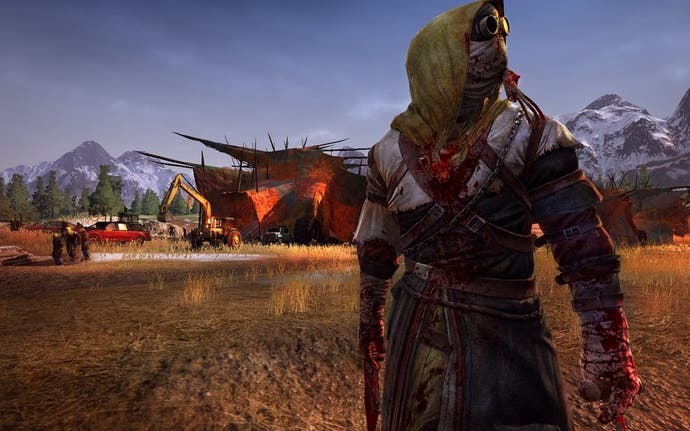
But it's hard to worry about that sort of thing for too long. The subject matter is so ripe with potential (even if you think conspiracy theories are stupid, it's hard not to enjoy getting tangled up in them for a few minutes, if only to marvel at the misdirected energy of the whole business) and Tornquist's passion is so coherent and convincing.
And besides all of that, there's something about secrets of all kinds that's worth keeping in mind. They're a thrill to contemplate and a lure that can drive you slightly bonkers, but you often discover that knowing the truth is even better. Two years into development, then, The Secret World is inching ever closer towards real revelations. Dark days are most certainly coming.
The Secret World is in development for PC and Xbox 360. Read our interview with Ragnar Tornquist to find out more.


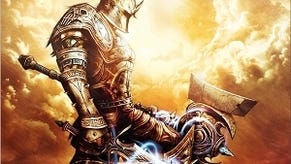


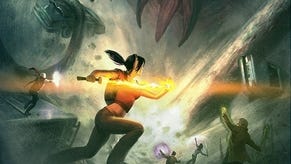

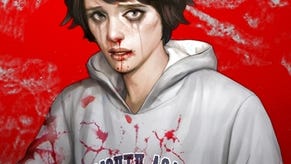
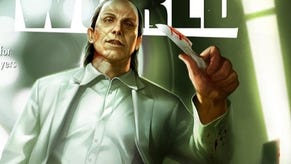

.png?width=291&height=164&fit=crop&quality=80&format=jpg&auto=webp)




.jpg?width=291&height=164&fit=crop&quality=80&format=jpg&auto=webp)
